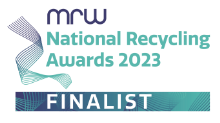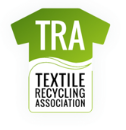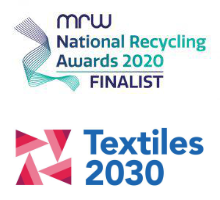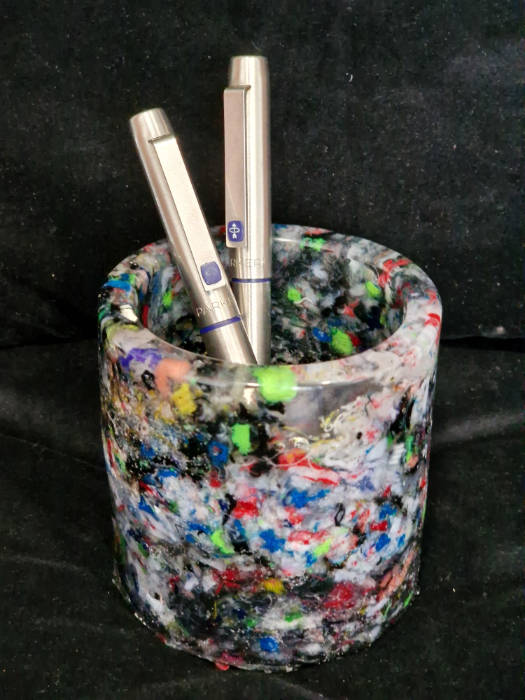In today’s fast-paced world, the fashion industry is often synonymous with excess and waste. However, there’s a growing movement toward sustainability, and here at Robert Recycling, we’re at the heart of it.
As a family-run textile recycling company, we’re dedicated to keeping textiles out of landfills and reducing the carbon footprint of unwanted clothes. By collecting, sorting, and reselling tons of fashion waste weekly, we help UK brands avoid sending their excess stock to incineration or landfill. Here are five tips to help you be more sustainable with your clothes in 2024.
1. Choose Quality Over Quantity
One of the simplest ways to be more sustainable is to invest in high-quality clothing that will last longer. Instead of buying multiple cheap items that wear out quickly, opt for well-made pieces that you can wear for years. Quality clothes not only feel better and look better, but they also reduce the need for frequent replacements, thus minimizing waste.
At Robert Recycling, we see firsthand how durable, well-crafted garments remain in circulation longer, reducing the volume of textiles needing recycling or disposal.
2. Embrace Second-Hand and Vintage Shopping
Shopping second-hand is a fantastic way to give clothes a second life. Thrift stores, vintage shops, and online marketplaces are treasure troves of unique and stylish pieces. By choosing second-hand, you’re reducing the demand for new products and the resources needed to produce them.
Plus, you’ll often find one-of-a-kind items that you won’t see anywhere else. Our nationwide clothing collection network works closely with schools, supermarkets, charities, and council recycling sites to gather these pre-loved items, ensuring they find new homes instead of ending up in landfills.
3. Upcycle and Repair Your Clothes
Before you toss out that old shirt or pair of jeans, consider if they can be upcycled or repaired. Simple fixes like sewing on a new button, patching up a hole, or altering the fit can give new life to old garments. If you’re feeling creative, upcycling can transform outdated clothes into something fresh and fashionable.
There are countless tutorials and resources available online to help you get started. Through our efforts at Robert Recycling, we’ve seen how creative upcycling projects can extend the life of textiles and keep them in use, supporting our mission to reduce waste.
4. Be Mindful of Your Washing Habits
Believe it or not, how you wash your clothes can have a significant impact on their longevity and the environment. Washing clothes less frequently, using cold water, and opting for eco-friendly detergents can reduce the wear and tear on fabrics and conserve water and energy.
Additionally, line drying instead of using a tumble dryer can save energy and reduce your carbon footprint. By adopting these habits, you’re helping to maintain the integrity of your clothes, making them last longer and reducing the number of items that come through our recycling process.
5. Support Sustainable Brands
More and more brands are committing to sustainable practices, from using organic materials to ensuring fair labor practices. When you need to buy new, support these brands. Look for certifications like Fair Trade, Global Organic Textile Standard (GOTS), and B Corp to guide your purchases.
By choosing brands that prioritize sustainability, you’re supporting a more ethical and environmentally friendly fashion industry. We at Robert Recycling collaborate with various sustainable brands to ensure that even their returns and excess stock are handled responsibly, further promoting an eco-friendly fashion cycle.
At Robert Recycling, we’re passionate about making a positive impact on the environment through textile recycling. By following these tips, you can contribute to a more sustainable fashion future in 2024. Remember, every small change counts, and together, we can make a significant difference.

